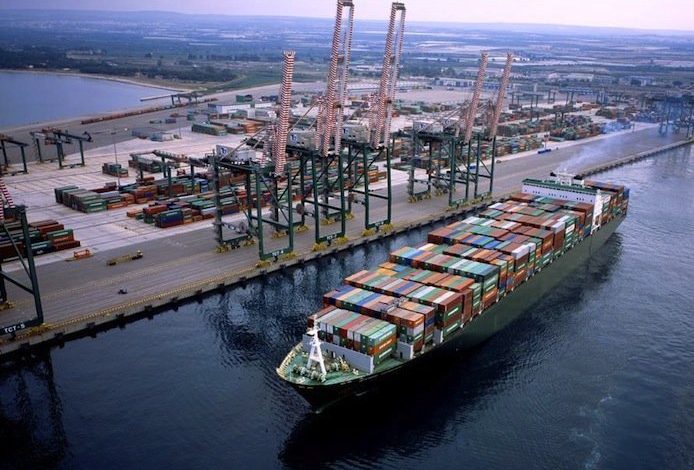Omicron having increasing impact on labour force availability across global supply chains

Congestion has been an issue affecting global supply chains for much of the pandemic, and system-wide labour shortages look set to exacerbate the problem. Business leaders and government health officials are warning that the omicron will increasingly have an impact on labour availability.
Commenting on this issue on LinkedIn, Lars Jensen, CEO of liner consultancy Vespucci Maritime, said: “With the new wave of Covid more people get tested positive. This means more people have to call in sick from work – and that of course goes for all kinds of jobs – including port workers, truck drivers, warehouse staff etc.”
John Porcari, port envoy to the White House Supply Chain Task Force, said on January 5 that US ports are experiencing “some increased outages from longshore workers and others” that have so far not affected operations. However, the US reported more than a million new cases of Covid on January 3; with that rate of spread, it is inevitable that ports and the players they interact with will begin to feel the effects of the highly transmissible Omicron variant.
Those effects won’t, of course, happen in isolation. Manufacturers and shippers are also anticipating labour shortages.
We need to anticipate that as many as a third of your workforce at any one time may become ill with Covid-19
Dennis Darby, chief executive of Canadian Manufacturers and Exporters, said this week, “Suddenly, people are calling in sick. If this persists, we’re actually going to see an effect on output.”
In fact, Canada’s Stelco Holdings is already reporting an effect on output. In Q4 2021, the company shipped 50,000 tons of steel less than it expected, saying that it was hurt by unplanned outages due to omicron. “It’s spreading like absolute wildfire and what we’re seeing is impacts all over the place including getting transportation [and] issues we have to deal with in the company with absent workers,” said Alan Kestenbaum, chief executive officer of Stelco.
“But the thing that’s gotten us and really provoked our announcement today is the lack of visibility we have with our customers, because many of our customers started reporting to us in the last few days of December that they simply don’t have work crews to produce parts.”
Michelle Wasylyshen, spokesperson for the Retail Council of Canada, said: “Omicron has resulted in more unplanned absences, not to mention complications from sudden government restrictions … [that] throw schedules that were often planned weeks in advance upside down.”
Health officials are also warning of significant impacts. British Columbia’s provincial health officer Dr Bonnie Henry, for example, told employers this week: “We need to anticipate that as many as a third of your workforce at any one time may become ill with Covid-19. We need to adapt businesses so we can operate at these reduced numbers.”
Manufacturing and shipping slowdowns might to some degree offset declines in productivity at ports. While that would be bad for the economy, it could help keep a cap on congestion.
